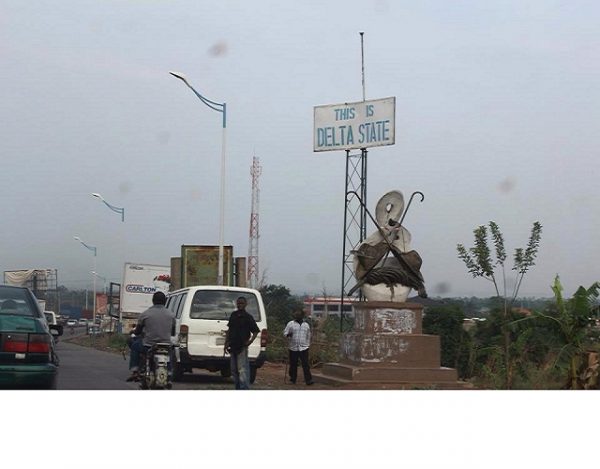Asaba is the capital of Delta State and home to approximately 200,000 Nigerians. Its Igbo indigenes are quick to share the story of its origin, one which will be told in today’s edition of #ThrowBack Thursday:
The tale is traced back to a young man named Nnebisi. As the legend goes, he was the son of an Igbo woman from Nteje village (in modern-day Anambra State) and an Igala prince and trader. The two crossed paths while at Eze Nyanwu’s Court where she worked as a court girl. Notably, the area was a meeting point for the local people and Northern traders, who would travel down “the big river” (modern-day River Niger) to exchange their goods.
Eventually, the woman returned to her home village to raise her son and possibly died soon after. The young man grew up, only to feel like an outsider within his community, thanks to the blatant difference in the regard he was given. He wasn’t allowed to participate in certain traditional rites, and this seriously frustrated him. After several inquiries, his identity as a non-indigene was revealed, which stirred him up to search for his true home. He sought out the counsel of a local dibia (native doctor) who gave him a protective charm – a magical pot to carry on his head – and directions to his fatherland. The pot would fall off at the site of his birth, he said. So with that instruction and the man’s blessing, Nnebisi set out on his journey along the Big River.
The pot did fall from his head and it landed in the territory we call Asaba today. The story behind the town’s name is interesting as well; it being a derivative of Nnebisi’s exclamation when the pot hit the ground. He yelled out, “Ahabam!” which translates to “I have appropriately chosen” in English. The pot’s crash site is known as Cable Point today, right by the Onishe Rocks which traditionally is the shrine of the mythical goddess. A happy Nnebisi immediately settled in his fatherland and intermingled with members of Eze Nyanwu and other earlier settlers’ household members. He later married two women and had many children.
What was then called Ahaba was later changed to Asaba by the British who erroneously recorded the wrong name after settling there during colonial times. It soon became the capital of the British Southern Protectorate in 1884 and a trading point for the Royal Niger Company.
And that’s the story behind the town of Asaba.
About the Writer: Ify Halim is a young Creative and a promoter of values through the force that is writing. Follow her on twitter: @MissHalim


